
Notebook pages while reading "The Memory Keeper"
in The New Yorker

LETTERS TO SVETLANA ALEXIEVICH (WITH A LETTER INSIDE
TO MASHA GESSEN WHO BROUGHT HER TO US IN THE NEW YORKER
ALEXIEVICH WINS THE NOBEL PRIZE FOR LITERATURE
22 August 2016--13 October 2016
Dear Svetlana,
We have meatball stories, here, too.
And meatballs.
Perhaps you've heard.
Most likely, you've seen.
Don't bet against the
meatball.
Your words. You'll
lose.
Here a meatball is a man
who doesn't get it. A cartoon.
The joke itself.
There's a story you know.
Dear Svetlana,
I finished Secondhand Time early this summer,
along with your Afghan story. I'm a Viet Vet.
Medevac from a ground hospital.
I know your guys. I know Heilmann
from a talk on conscience after Paco's Story.
We sat at the same table then.
Congratulations
on the Nobel. I've been meaning to write.
Can you say that to someone who listens like you?
Not because of the prize.
How easy
it is to get the video camera here.
Years ago, in Michoacán, I meet the campesino poet
of the rancho who tells me the history of Mexico
by only talking about his rancho. La Cuestita,
little hill, and Tata, Lazaro Cardenas,
who broke up the haciendas in the 30s,
and built the first schools.
Salvador Navarro Navarro.
Twice Navarro. Returning again and again,
until even he knew he was repeating himself
without finding anything new. Now I can't
put that camera down.
The
story in New Yorker.
Memory Keeper, you talking about it with Masha Gessen.
What it is. Art doesn't always get it down. Getting the
inflection
of the voice, transcribing stops and starts as they happen.
Going back in mid-sentence to recover the truer thread
before going forward. Listening to you, the listener,
Still trying to make the complex simple.
Always coming out wrong, making what's simple,
understandable to meatballs. Gessen
listening so well. I return to the interview
as I read your work. Your listening
calls up Lorca and the Duende.
These images in my notebook:
We were afraid of the
phone ringing.
It was those God damn
blue jeans!
Nothing but books on
the store shelves.
I read detective
novels. I'd finish one book and start the next one.
What about our
children? They all want to study accounting.
Who are we now? We're
the electorate.
My whole life I've
believed we were the luckiest people on Earth.
That's how our
children will remember us. Our parents sold out
A great country for
jeans, Marlboros, and chewing gum.
I've read your books...You
shouldn't put so much stock
in what people say, in
human truth people don't write it, time does.
The mercy of my
memories. I pick up every crumb.
You can wear the same
suit for twenty years,
two coats are enough
to last a lifetime,
but you can't live
without Pushkin or the Complete Works of Gorky.
All of these voices. Pure listening. The pause, and restart.
Yesterday, unable to write you, I dig two holes,
plant two trees. Some of the meatballs here,
elect themselves. Some say they're called by God.
The trees are beautiful. One, Hinoki Cypress, has needles
soft as feathers, branches with the feel of silk scarves.
This isn't blue jeans and lingerie. Your listening saves
time.
Listening to it all. Everything.
Once your speakers pull the trigger,
they flood themselves in language. Stopping,
only to return. Blake's mind-forged chains
broken by your tuned ear.
Better be quiet and watch you work.
You call up Rilke.
Banal time you say.
If I can't go deep with you, let me try small.
From the front porch in late afternoon
I have sanctuary on three sides
and a Little Cherry Twist in the garden.
I wasn't given small talk as a child,
don't know how to schmooz e
and fear sit-down dinners.
At a family reunion in the American Heartland
we get up from the restaurant table
to adjourn to the dining room
where we are promised, No dessert.
Panicking, I ask my wife,
What will we do? She says, Talk.
Talk like this. No politics, no religion.
Religion understood.
Books, too, off the table, and fossils.
Svetlana, how do you
do it?
No laughter, no tears. Nothing but compassion.
Yours is discipline requiring more than practice.
Everything here seemingly understood, one must find that
place
to talk where there's no trouble.
Something like the thinnest veneer.
Talk from there. Keep it there.
I carry dumb luck where ever I go.
Ray Carver, who wrote stories and poems
from my town has one called,
What we talk about when we talk about love.
In this story, everybody's drunk.
Career people. Professional. Four of them.
Two couples having drinks before dinner.
More drinks, and Where should we go?
What we talk about when we talk about love.
Fueled by alcohol. What comes out
like that again and again. Our love in alcohol.
Walking through the day like this,
Svetlana, carrying Secondhand Time, your people.
What we talk about when we talk about love.
We are two couples walking in the city.
I'm carrying a tiny pocket book
of Thich Nhat Hanh's, How to Walk
picked up in the
airport.
It helps me walk into the room.
When the women return from the bathroom,
one of them takes it from my hand,
What is this? She's a talker,
She opens to the page where the monk says,
Walk without talking.
She looks at me, and falls apart.
Can you imagine me, Jim.
Walking and not talking?
How would you get anyplace?
Think of a song. Whistle.
Svetlana, Masha Gessen.
I didn't get it at first, how she did this story.
Dear Masha Gessen,
I wrote the following some months ago camping
off the Blackfoot River in Western Montana,
trying to get a foothold on Svetlana Alexievich
from The Memory Keeper, your article
on Svetlana Alexievich in The New Yorker
from last January.
Dear Svetlana,
The artists don't
always get it.
Masha Gessen in The
New Yorker.
Masha Gessen in The
New York Times.
This week: Did the
Soviet Union Really End?
I get it. Masha
Gessen is guide, but she's also path.
Dear Masha, I
didn't know your work.
Returning again and again to your time with Svetlana.
I missed your presence while stunned by your writing.
Your story surfaces in repeated return to the story.
I finished the story of your grandmothers yesterday.
Esther and Ruzya.
I read it after finishing
Where the Jews
Aren't, Birobidzhan,
autonomous vision between two rivers.
What I don't know all my life.
Thank you for those stories, the books.
Your work with Svetlana.
For bringing me her story of the meatball.
All local Russian museums begin with rocks.
You're writing from the museum in Birobidzhan,
Rocks do not need to be rearranged in case of regime
change.
I'm just back from the Eel River in California.
Looking at stones. Looking for stones.
Miniature landscape rocks.
Suiseki, from the Japanese. Put the mountain range
in the palm of your hand. Glacial lakes the size
of your thumb. Imagine the mist. I go giddy
when I find this in Birobidzhan.
Between two rivers. The story
no one could tell
me as a child.
David Bergelson, from the epigraph to the end,
I don't want to go, to feel events unfold.
The way you bring forth work of the local poets.
Emmanuil Kazakevich lives. Redeeming local poets
everywhere in every time. Teenage poet
on night walks, reading poems, guiding.
Citizen Taiga Has
the Floor.
And at the end of the book,
you've tracked down Leonid Sholnik, poet,
for his surprises in growing up Soviet:
I would have wanted
to pass the baton to my sons....
...like a mouse in
the cellar of silence....
...everyone who did
not come home in the 1930s...
carrying words, too, from the language of the times.
His book already written, not yet in a book
as I read in the mothership by the river in Montana.
The inexpensive edition, never reviewed, now with a life.
The tenacious reporting parallel, equal, alongside.
And the night of the murdered poets.
Other clues, too. Research reaching for insight
into the next question: Are Russians dying for lack of
hope?
--the question surfacing with these:
Why haven't Russians experienced hope in the last quarter
century?
Why are Russians incapable of hope?
We die of broken hearts in the American Empire too.
This sentence beginning early in the autonomous book:
Hope, crippled by
tragedy but still alive reasserted itself in Birobidzhan...
I come home to find your grandmas, Ester and Ruzya.
Hitler's War and
Stalin's Peace.
In search of a
decent compromise.
...Secured her
safety...sacrificed integrity.
How many ways are
there to arrest a person?
When the call
came...
Nobody knows
literature like the censor.
All of this in the family story. Some homecoming.
All of this in your story on Svetlana, the memory keeper.
All of it, forcing itself forward, asking me to find it.
Thank you. For all of it.
Jim
This is one letter to you, Svetlana Alexievich,
You show up on
every page of Secondhand Time:
On cries and
whispers and exhilaration
On the mercy of
memory and the lust for meaning
On a different
Bible and a different kind of belief
I laugh, he doesn't
Now I have decided
to publish his story in full. It belongs to history
more than it does
to any one individual
On the sweetness of
suffering and the trick of the Russian soul
[She stops.] Are
you sick of listening to me?
The charms of
emptiness
On a loneliness
that resembles happiness
I didn't realize
right away that I had turned on the tape recorder
And a third category, mine:
how you weave and fold
all of it into human community,
or a voice -- Voice One, empathetic, with and to--regardless.
Pancakes and love. And then what?
Salami everywhere.
Italics and ellipses.
Bela Shayevich.
Ten years without the right of correspondence.
An accomplice on the barricades.
Dangerous places.
Recording the jokes.
For putting it all in, thank you.
Jim Bodeen
22 August 2016--Below Lolo Pass--13 October 2016,
Yakima, Wa
P.S. A kitchen conversation. Iris DeMent, American
songwriter, singer,
adopted a child from Russia. Becoming her mother sent her
to poems of Akhmatova.
She plays piano. Began singing the poems. They've been
recorded.
Try a listen on YouTube.
P.P.S. On the morning I put this in the mail, Bob Dylan.
Bob Dylan and Svetlana Alexievich.
Enough for one day.
Masha, No mistake. No mistake.




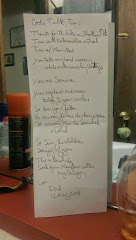

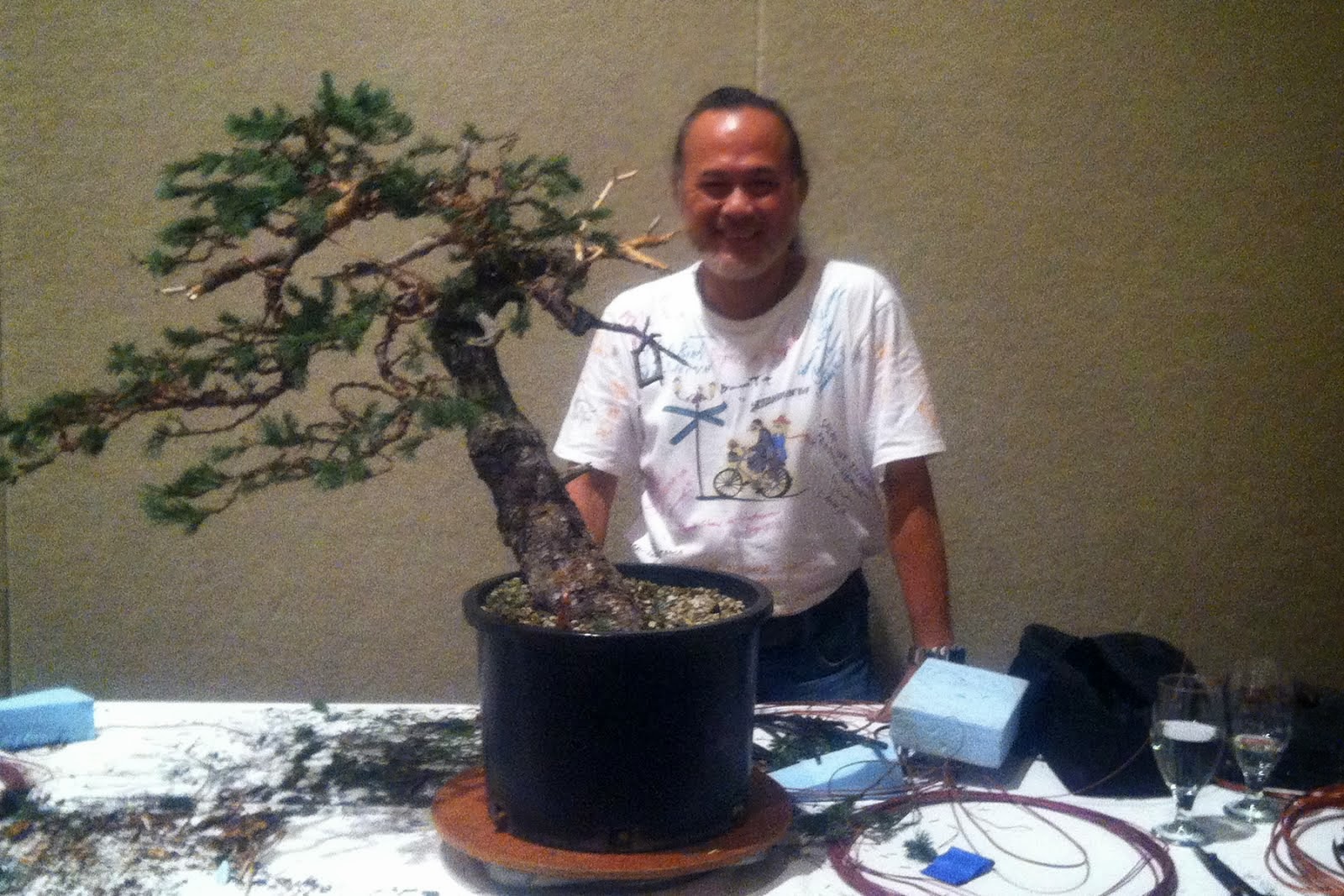
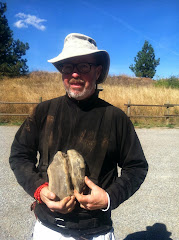


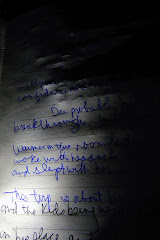

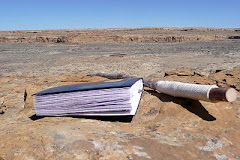
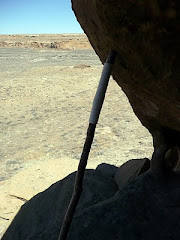


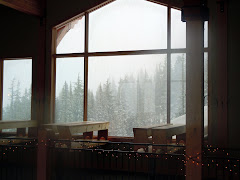


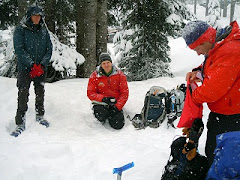
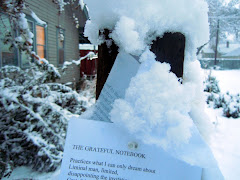

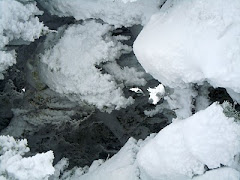
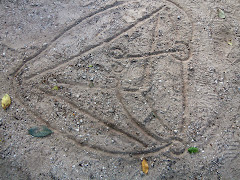
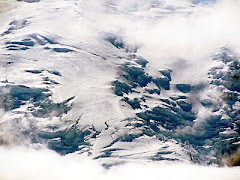











No comments:
Post a Comment